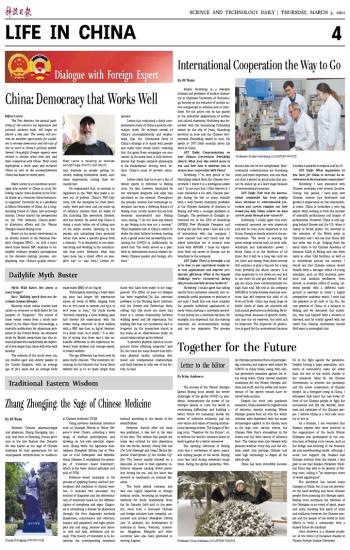
Myth: Walk faster, live about 15 years longer?
Fact: Walking speed does not determine human lifespan.
Recently, many online articles have called on everyone to walk faster for the purpose of "longevity." The source of these voices comes from a study published in the Mayo Clinic Proceedings, a scientific publication for physicians published in the United States. An extensive study by British researchers has also revealed people who walk briskly are expected to live longer than those with who walk steadily.
The subjects of the study were 474,919 middle-aged and elderly people in the United Kingdom, with an average age of 58.2 years and an average body mass index (BMI) of 26.7 kg/㎡.
"Participants reporting a brisk walking pace had longer life expectancy across all levels of BMIs, ranging from 86.7 to 87.8 years in women and 85.2 to 86.8 years in men," the study shows "Subjects reporting a slow walking pace had shorter life expectancy, with the lowest being observed in slow walkers with a BMI less than 20 kg/㎡ (women: 72.4 years; men: 64.8 years)." It is worthy of noting that there was a less noticeable difference in life expectancy between brisk walkers and average-speed, or steady walkers.
The age difference has been used by some myth-creators. "The statement circulating on the Internet that 'those faster walkers live 15 to 20 years longer than those who have slow steps' is too exaggerated. The effect of pace on lifespan has been magnified,"Xu Kai, associate professor at the Nanjing Sport Institute, told the Science and Technology Daily, adding that this study can show that there is a certain relationship between walking speed and life expectancy, but walking fast may not necessarily lead to longevity. As the researchers stated in the study, as an observational study, no causal relationship can be inferred.
"A person's physical health is an important factor affecting longevity," said Xu, but there are many factors that influence physical health, including diet, mood and interpersonal relationships, and daily exercise is only one of the factors, he said.







